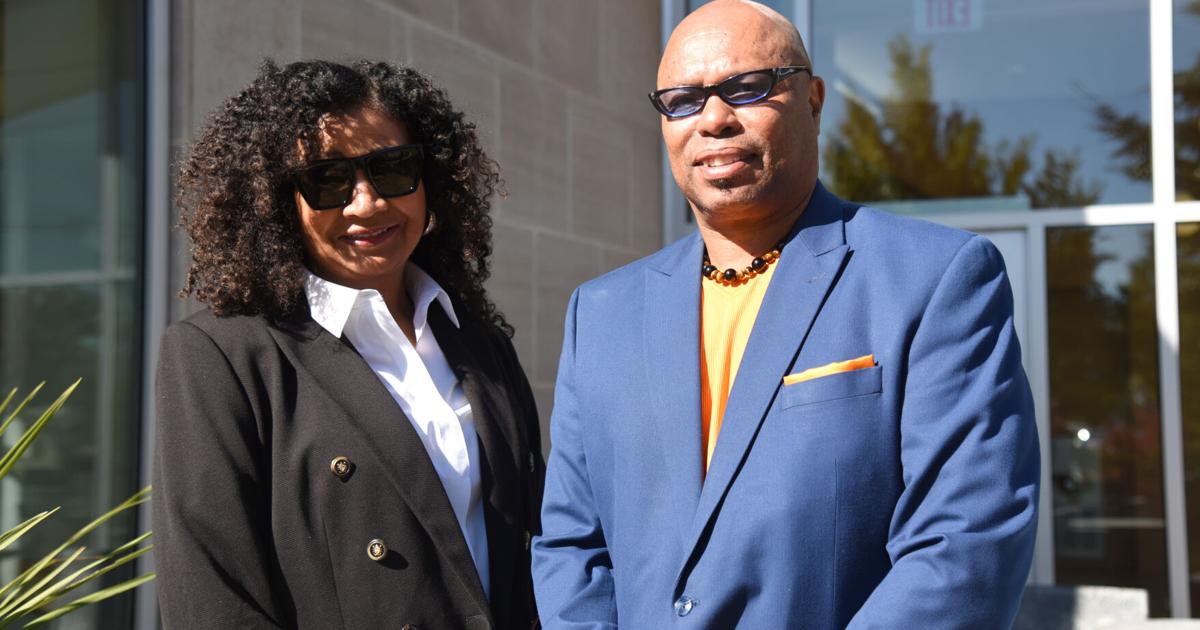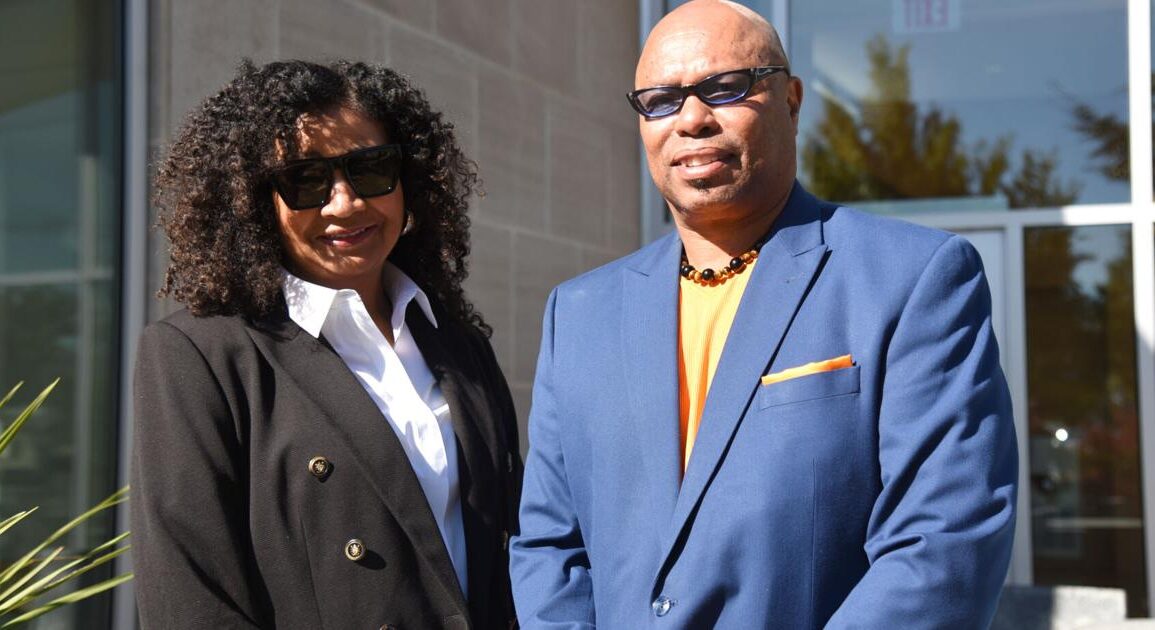
CHAMPAIGN — In a community that has historically valued resiliency through hardship, it can be difficult to ask for help or admit to struggling with mental health problems.
That’s one reason organizer Donna Tanner-Harold decided to bring back the Black Mental Health and Wellness Conference for a second year.
“Everybody’s talking about mental health, and nobody seems to really understand what it is,” Tanner-Harold said.
She does: Not too long ago, Tanner-Harold retired from her role as a counselor at Parkland College.
For several years, she has been leading panels at events like the Champaign County Community Coalition to discuss mental health in the Black community.
People responded so well and were so interested in learning more that Tanner-Harold had the idea for a free, daylong conference to really dig into the topic.
“I wanted to go a little bit more public with explaining those things and giving people a greater understanding of not only what it is, but then some solutions and some coping skills,” she said.
This year’s conference, once again hosted by the Community Coalition, is scheduled for 8 a.m. to 4 p.m. Oct. 26 at Parkland.
Everything is free, but organizers ask that attendees register online beforehand so they can plan for necessary space and food.
Tracy Parsons, Community Coalition host and community relations manager for Champaign’s Equity and Engagement Department, said that while many topics covered in sessions at the conference are applicable to everyone, they have been intentional about using data and statistics about impact to the Black community.
“When we think about folks not comfortable enough to say, ‘I need help,’ which then leads to suicide and gun violence, and what we’ve endured since 2015 locally but is a national issue, the importance of this conference and these conversations is critical,” Parsons said. “We actually are in a crisis as a community.”
While gun violence, trauma and grief were topics of last year’s conference as well, this year will have an increased focus on young people and parenting.
Tanner-Harold said that many parenting skills are the same for each generation, but adults may not understand what kids are going through today, and not just because of social media.
As Parsons pointed out, pretty much every child has taken part in active shooter training and seen security increase at their school.
“We have to think safety and security first. That’s a whole traumatizing dose of reality that we live in today,” Parsons said.
“How do you address some of their concerns? Because if you talk about school shootings, you’re going to have fear and anxiety in your kids,” Tanner-Harold said. “How do we help them deal with that?”
While mental health treatment has historically focused on fixing what is “wrong” with an individual, Tanner-Harold said this conference is more interested in “trauma-informed care.”
Essentially everyone in the Black community has been negatively affected by racism in some way; that experience isn’t something that can be removed with any amount of therapy or lifestyle change.
“Not only has it kept people from opportunities, but it diminishes your sense of self-worth and self-esteem,” Tanner-Harold said. “In trauma-informed care, we look at people in terms of ‘What can we do for you? How have you been harmed?’ rather than ‘What’s wrong with you?’’ That’s a very different perspective.”
This year’s featured speaker is Anjanette Young, a Chicago woman who police handcuffed naked as they raided her home on Feb. 21, 2019.
The officers were at the wrong address.
Young has since spoken out about the traumatic incident and sued the city of Chicago, winning $2.9 million before going on to become an advocate for police reform.
After the death of Breonna Taylor, Young founded “I Am Her,” a foundation which aims to support Black women and girls in speaking up about racial injustice.
“We’re bringing her here because her story is powerful, but what’s even more powerful is how she’s responded,” Tanner-Harold said. “She is full of healing and hope.”


